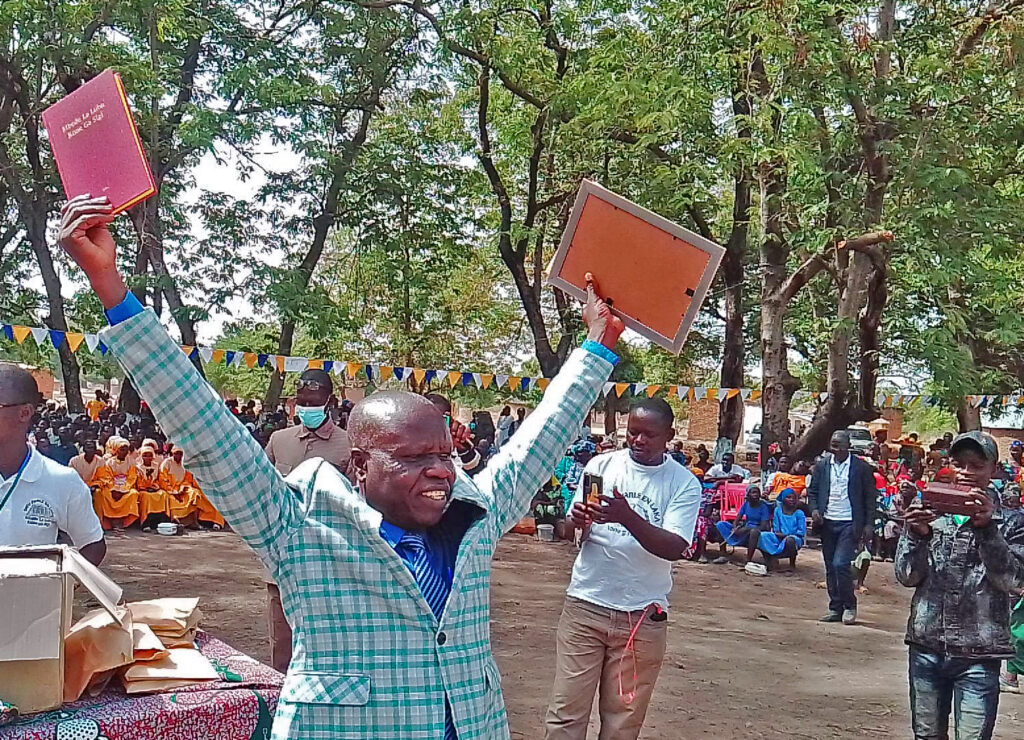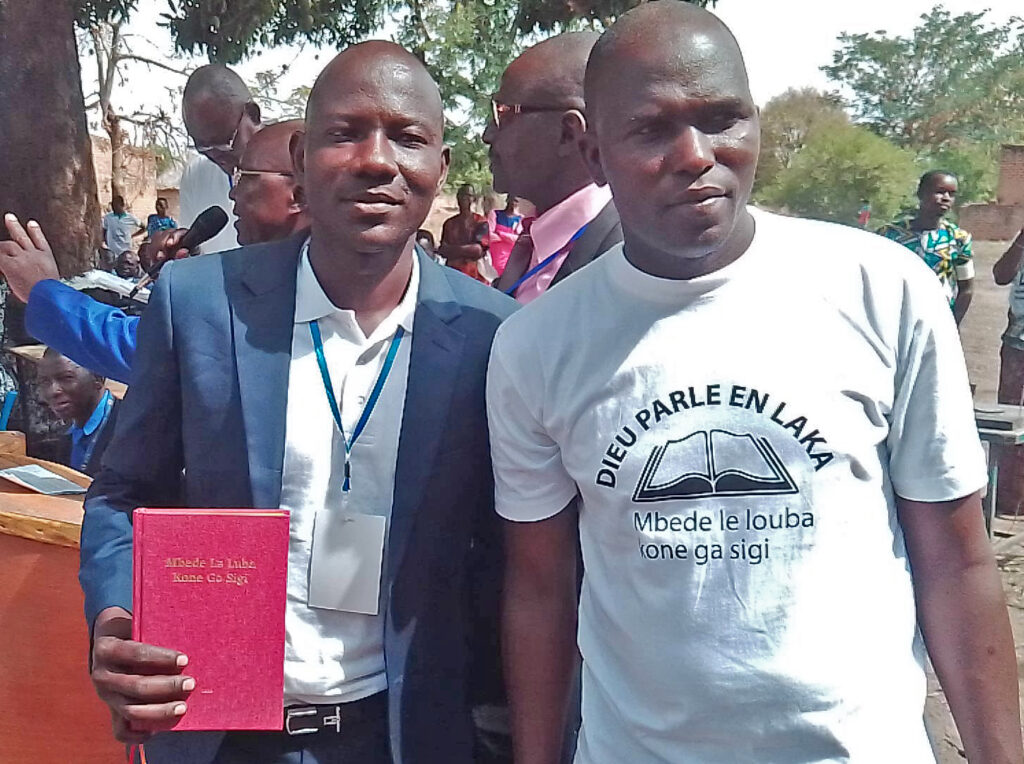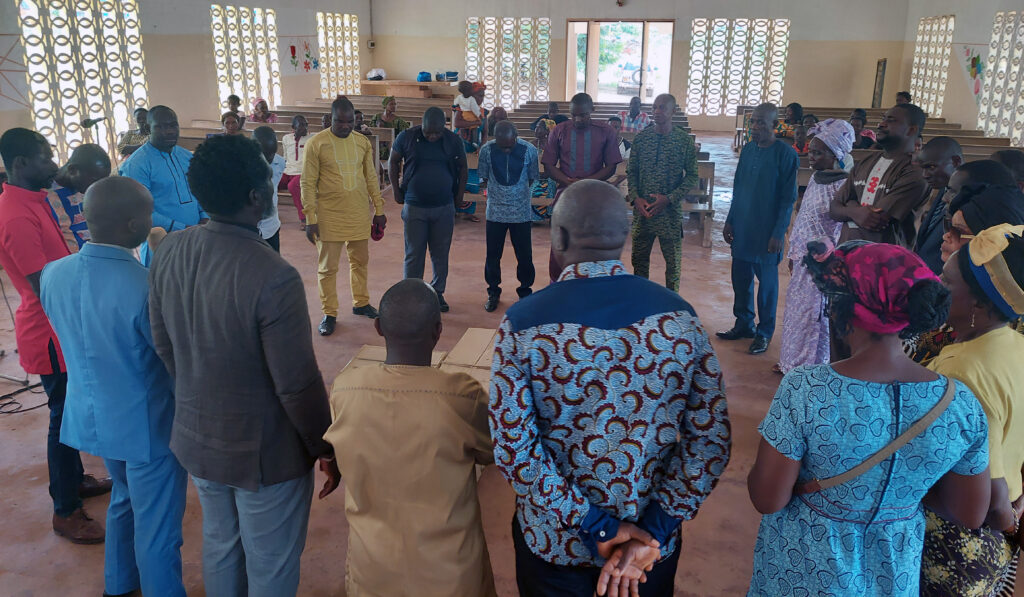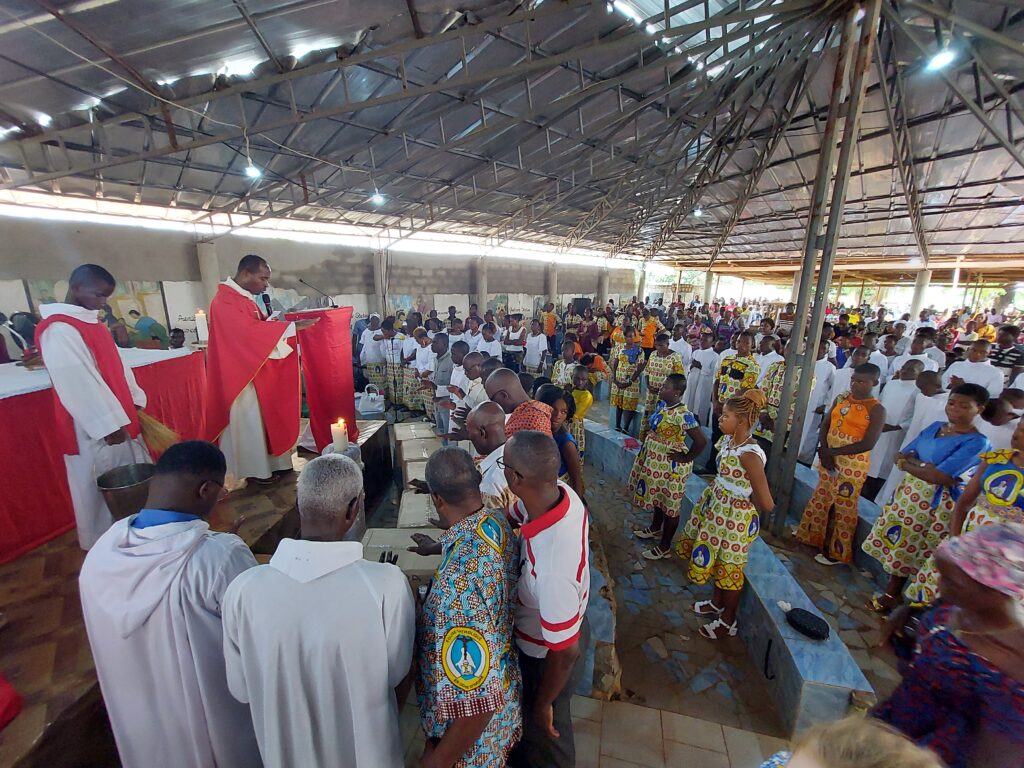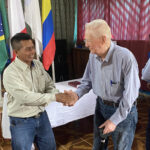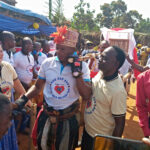Stuck in the Mud
In this town, it rains twelve months out of the year, an average of 100 inches per year. Even the driest month still produces a bowlful of rain. Can you guess where this might be? Aitape, Papua New Guinea (PNG).
Most of the roads in this country are dirt, so when the typical downpours occur, they transform the roads into muddy slides or lakes. The roads are often closed, there are no nearby airports, and travel by sea is sometimes too dangerous or expensive.
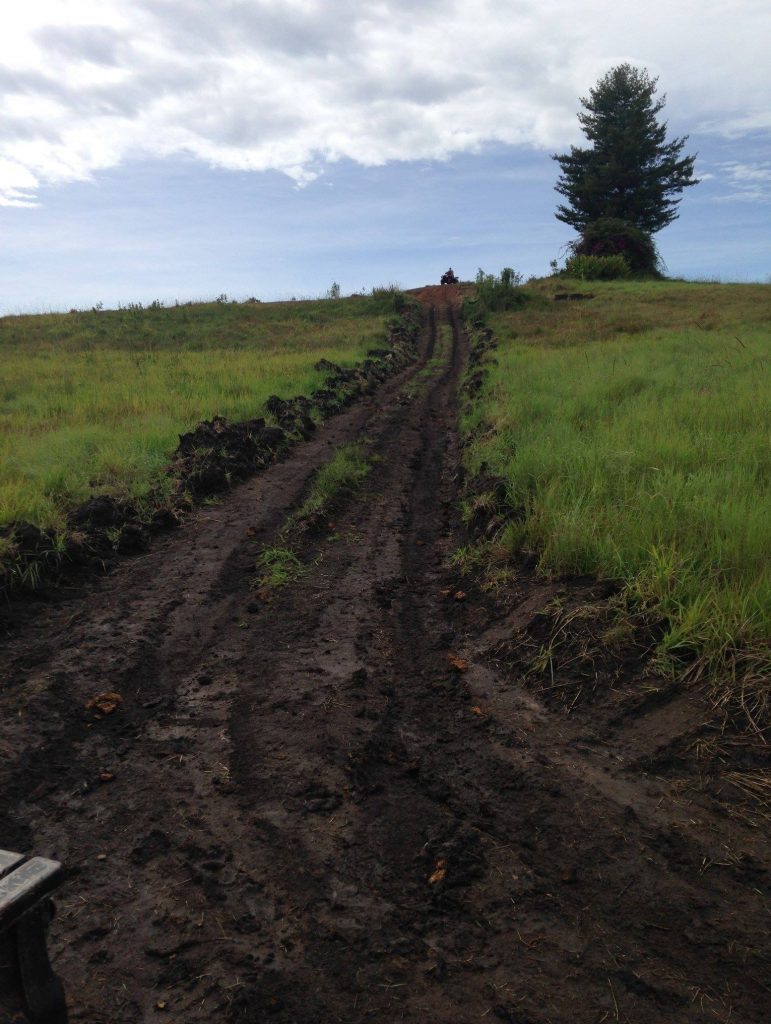
Ben Pehrson, a translator in this region, says, “Even (transportation) solutions that rely on the ground and sea in this region is less than ideal. We spend so much time, headache, and money trying to constantly arrange transport with others. It is really beginning to get in the way of our commitments.”
Ben and his translation team’s partnerships with local people who have sacrificed many years to the ministry of Bible translation, with other translators and translation committees in remote villages, literacy teachers, language communities, village leaders, and churches mean that they must travel frequently to do their work effectively. This doesn’t even tally up the visits when the team goes out to the villages to encourage and support the translators in their communities.
In order to dispel some of the danger and hassle, the team, with some input from the transportation staff at JAARS, landed on the idea of purchasing a Honda Foreman, a 4WD ATV. This vehicle is already in PNG, waiting to conquer the impassable roadways in the Aitape area.
Driving in this mud-infested, water-covered environment is not for the faint of heart, nor something you typically learn in a Driver’s Ed Course. This is why John Pepper and Jim McCabe, two staff members in JAARS transportation department, have flown to PNG. They will conduct a one-week 4WD course for the Aitape West team and their wives, and another course the following week for BTA (Bible Translation Association) members on the recently built course in Ukarumpa.
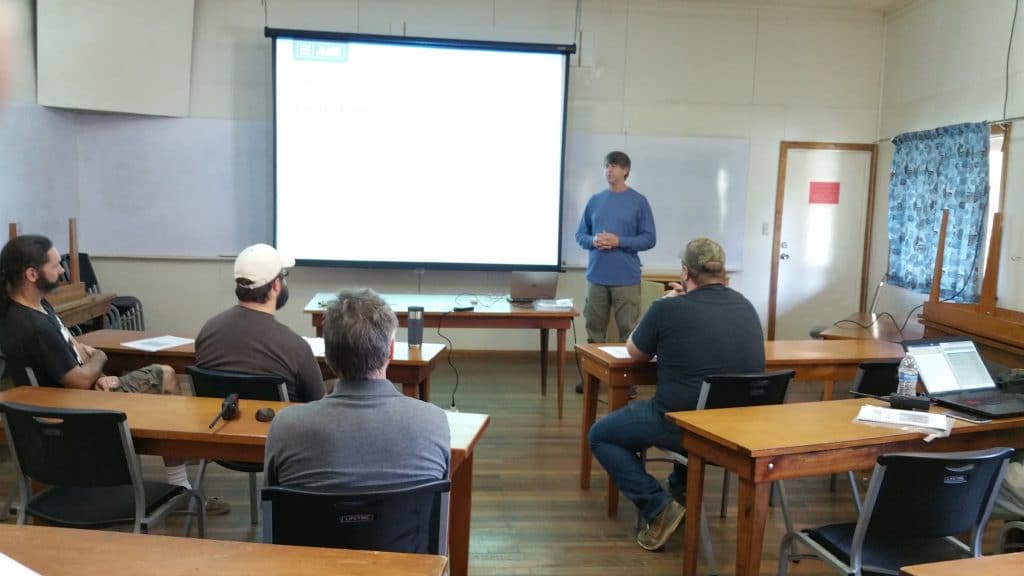
Besides learning how to drive an ATV on these slick roads, the participants will also learn basic maintenance, such as how do an oil change, checking various fluids, including whether they have been contaminated by a deep-water crossing.
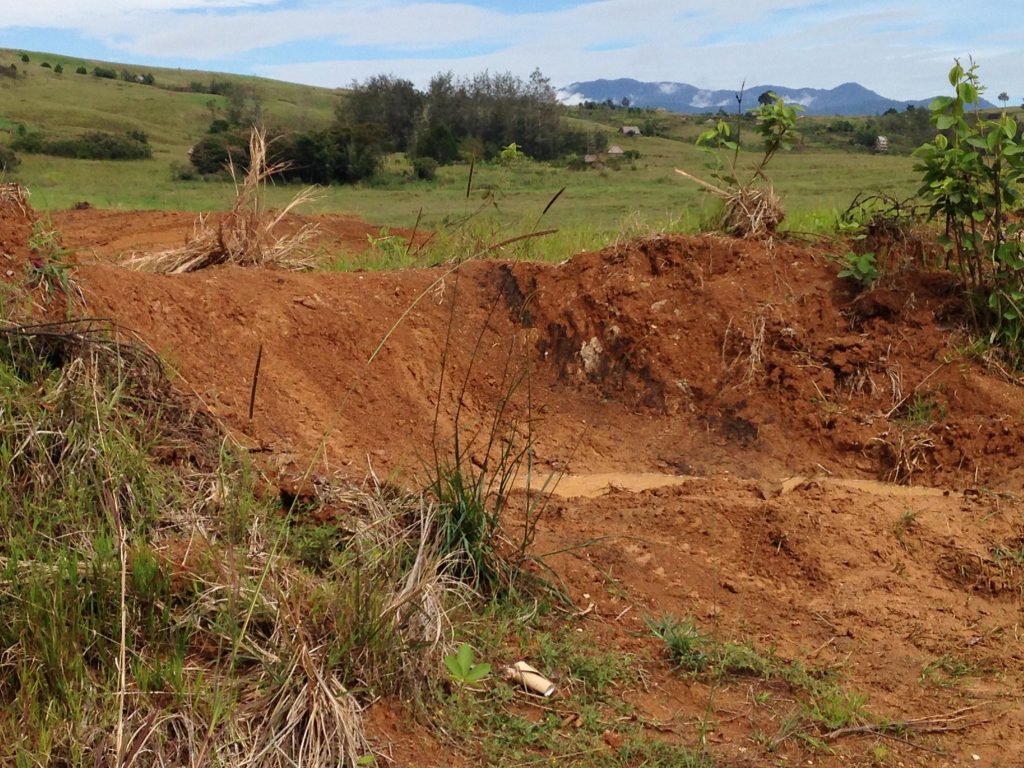
Approach and departure angle training on the course
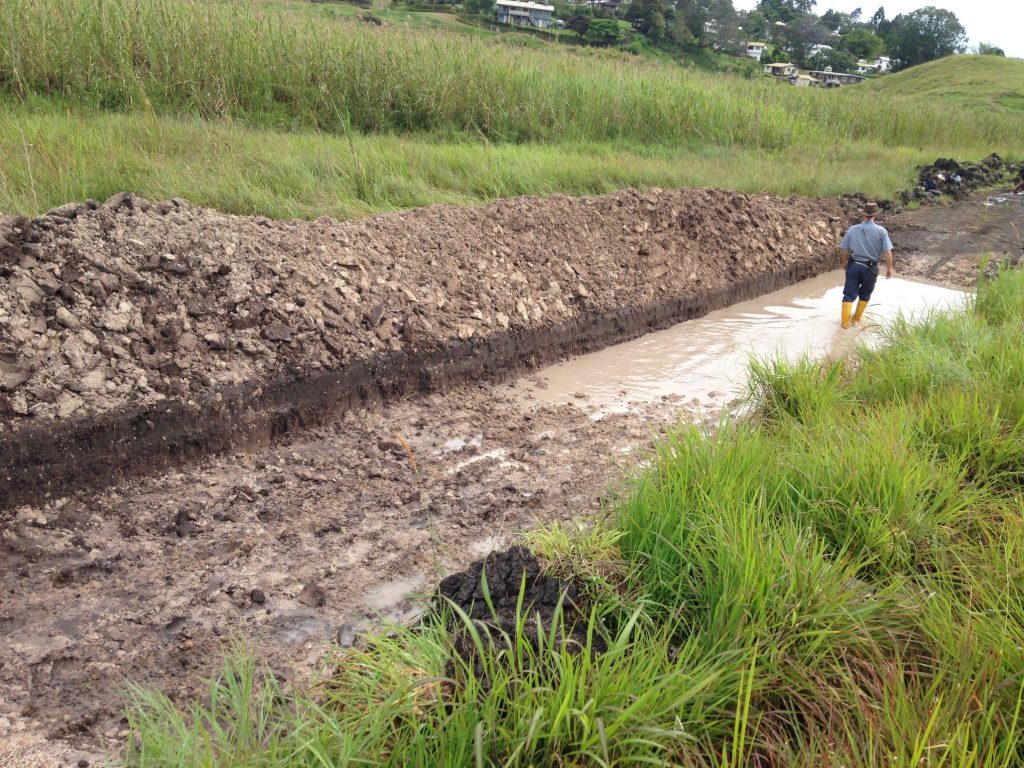
This is the first vehicle training in PNG, but John says of similar training they did in Ethiopia: “About two years after we did the training, I met with one of the single ladies we had trained. She said she had been discussing with her translation partner about how much fun they’d had with their translation project this time, unlike their first term. They wondered what caused the difference between the two.
“I asked what they came up with, and she said the travel. She mentioned that before they received training, travel was always a terror, as they wondered, ‘is the truck going to make it? Are we going to get stuck on the way?’ They had all these questions, but now they said, ‘we feel like we can maintain our vehicles. We’re confident in our driving ability, but we’re also confident that because of the training we’ve received, we can look at something on the road and know we probably shouldn’t do that. We should turn around and go back.’”
Transportation training has made a huge difference in the fear factor of these ladies’ travel. Pray with us that the vehicle training in Papua New Guinea this week and next goes smoothly, and that it cuts down the fear and difficulty of reaching the unreached.
*Learn more here about JAARS vehicle training and how you can be involved!



























































